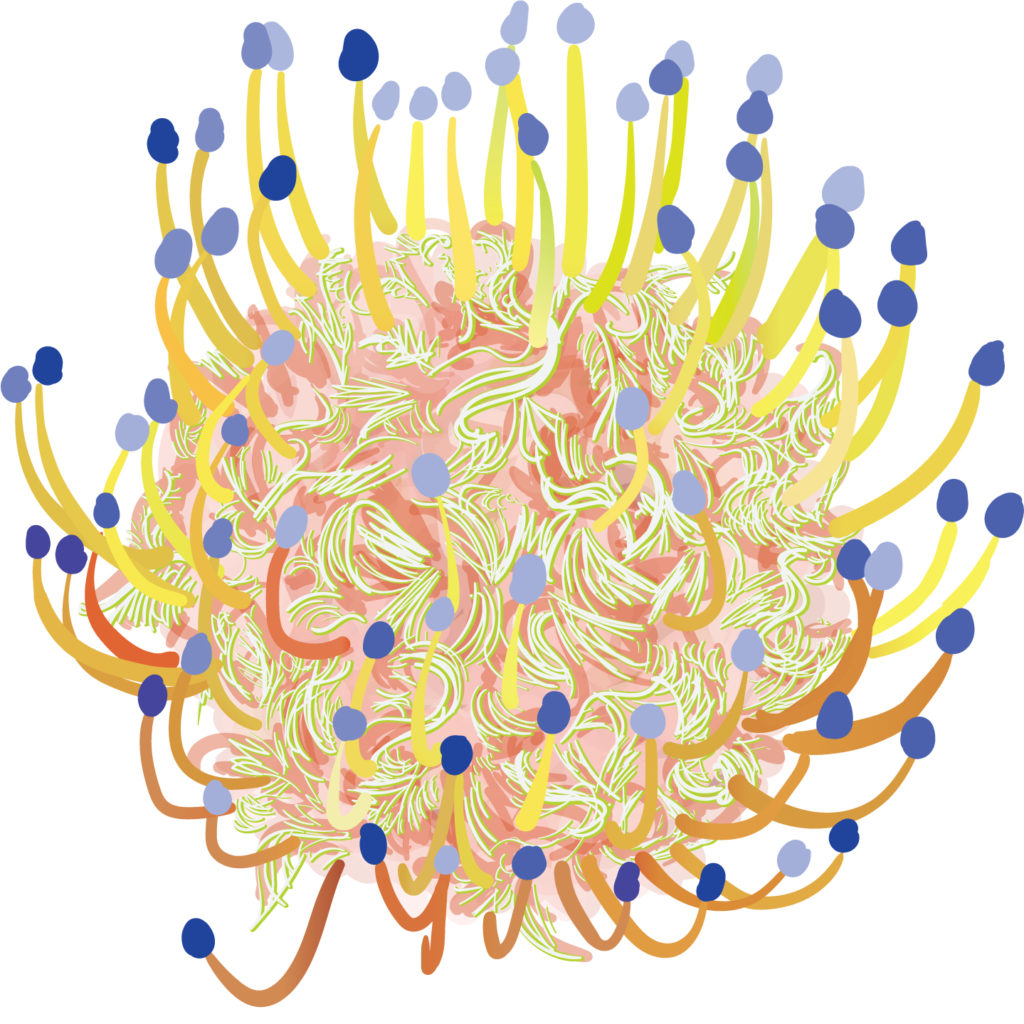Symbiosis, an expanding network of revolutionary organizers and local initiatives, is assembling a confederation of democratic community institutions across North America. This project has been gathering support over the past year and will be launched at a continental congress in Detroit from September 18-22.
The emerging network consists of diverse groups and member organizations, from Cooperation Jackson in Mississippi to Olympia Assembly in Washington, who are participating out of a recognition of the need to carry the movement for radical democracy beyond the local level. “It is imperative that any groups or organizations moving in a social or economic sense on the vision we share for a democratic and ecologically sound world not struggle on their own, but instead under a global support system aimed at both dismantling our exploitative socioeconomic system (Capitalism), and building a democratic, cooperative system in its place. Symbiosis is in a position to build this support system,” said Z of Black Socialists of America (BSA), one of BSA’s co-founders.
On January 7, Symbiosis released a launch statement announcing the congress, initially signed by 14 organizations. “Over the course of the past year,” it stated, “our organizations have been strengthening our relationships with one another, learning from each other, generating shared resources, and honing a common vision of how to create together the genuinely democratic world that we need.”
Beyond the shared vision of radical democracy and egalitarianism, what unites these groups is a common political strategy, of building institutions of popular power from below to challenge and replace the governing institutions of capitalist society. “We have to move beyond the limitations of bourgeois democracy, particularly its representative forms, which intentionally limit the agency and power of communities and individuals in our societies. To get beyond these limitations we have to build democratic formations and practices in every facet of our lives—where we work, live, play, and pray—and utilize these formations to exercise dual power, that is utilizing our own power and agency to govern our own lives beyond the limitations imposed upon us by the state and the forces of capital,” says Kali Akuno, co-founder and co-director of Cooperation Jackson. A shared commitment to building ‘dual power’ unites the member organizations of Symbiosis.
At the 2019 congress, delegates from grassroots organizations across North America will gather to form a confederation between their groups, to grow and coordinate a movement that can bring about a just, ecological, and free society.
“The problems we face today require a bold and unified response,” said Brian Tokar of the Institute for Social Ecology, a member organization and sponsor of the event. “We face the rising threats of authoritarianism and inequality, structural forms of domination between the haves and the have-nots, and the scapegoating and oppression of immigrants and people of color. And we also know that the destabilization of the climate and the fossil-fueled destruction of the Earth’s life support systems play a central role in all the problems we face.”
The idea behind the confederation is that these formidable challenges are insurmountable for individuals and small groups. “By coming together, we can better recognize and organize the changes necessary to secure our future more than what any of us can do at the local level,” said Kelly Roache, a co-founder of Symbiosis. A common platform would also allow this growing movement to pool resources, raise their public visibility, and seed new organizing initiatives.
The congress will prioritize local, democratically-run movements and organizations that are building new economic and political institutions, such as people’s assemblies, tenant unions, and cooperatives. Local groups are invited to join the congress and sign on to the launch statement, and individuals can also join as members.
In April 2017, members of the Symbiosis Research Collective published the essay, “Community, Democracy, and Mutual Aid: Toward Dual Power and Beyond”, which won first prize in the Next System Project essay competition. Journalist and author Naomi Klein, who reviewed the essay, said that the Symbiosis vision “sketches out a flexible roadmap for scaling up participatory democracy”.
Over the past year, the network has grown to over 300 individual members, in addition to the 14 member and partner organizations who have signed onto the launch statement thus far. The Symbiosis Research Collective has also published an ongoing series of articles reaching an audience of over 23,000 readers. In July 2018, Symbiosis co-coordinated the Fearless Cities North America conference (NYC), which convened 300 municipalist activists from the U.S., Mexico, Canada, Europe, and Latin America. In December 2018, they started a crowdfunder to fund the congress.
Currently, members are working on developing resources and information for people who wish to begin organizing where they live and work. “By the time of the congress, the Symbiosis Research Collective will have put together an in-depth primer on community organizing and dual power institution-building, including important historical examples, practical guides, and the theoretical underpinnings of our revolutionary project,” said Mason Herson-Hord, another co-founder of Symbiosis and co-coordinator of the research collective.
In their launch statement, these authoring organizations write that the congress is only the beginning. “Ultimately, we will need such a confederation to carry our struggle beyond the local level. Ruling-class power is organized globally, and if democracy is to win, we must be organized at that scale as well. As this project advances, the possibilities are endless.”
Symbiosis is a network of community organizations across North America, building a democratic and ecological society from the ground up. We are fighting for a better world by creating institutions of participatory democracy and the solidarity economy through community organizing, neighborhood by neighborhood, city by city. Find out more and contact us at symbiosis-revolution.org or info@symbiosis-revolution.org.

